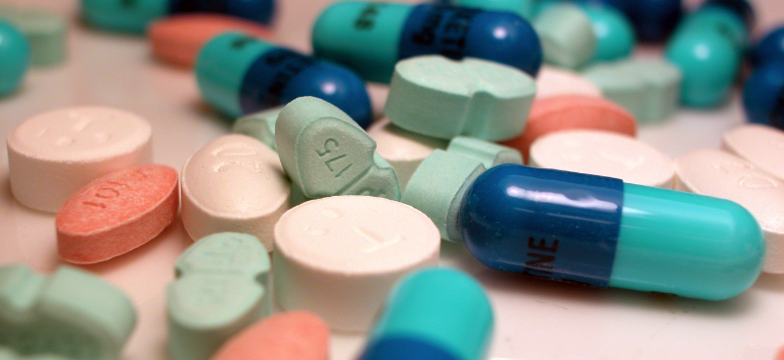UMW should address local opioid crisis
3 min read
Pina Messina | Unsplash
By VANISA CLAY
Staff Writer
If you watch the news or follow social media, you are well aware that the country is in the middle of an opioid epidemic. As a daughter of an ex-addict, I know very well the residual effects of drug addiction. These effects can be seen throughout Fredericksburg and the surrounding area. The increase in the homeless population, increase in drug overdoses and an increase in theft and burglaries are tell-tale signs of an uptick in drug use in the area.
I haven’t lived here long enough to say I can personally see the increase, but I can definitely read the signs. I work at a gas station in Culpeper, and on a regular basis we find drug paraphernalia, mainly needles, and we service people who are obviously high on something. In talking with some of the police officers that come into the station, many have expressed that they’ve experienced a rise in drug use and violent crime in the area. I can also say that out of all the stations I have managed over the years, this area seems to have the most property damage, aggressive customer incidents and loitering from homeless people that I’ve experienced. Just to put this in perspective, I worked at station in the middle of two areas known for drug use and violent crime- Park Place and Lambert’s Point in Norfolk, Virginia. I honestly can say that I never came across as many incidents there as I do in Culpeper, nor would I expect to.
If you have the mindset that “drug use is not a problem here” or “that can’t happen here” when tackling the issue of drug abuse, you are part of the problem. As many all over America are learning, an uptick of drug use can pop up anywhere. No longer is this just an issue for big urban areas. This can happen in suburban areas like Fredericksburg and Culpeper and even rural areas. In 2017, Fredericksburg reported six deaths out of 35 opioid overdoses, Stafford reported 111 opioid overdoses with 16 deaths, and Spotsylvania reported 188 overdoses with 17 deaths. This is evidence of a very serious issue.
Keep in mind, these numbers have risen over the past few years. In Culpeper, where I first really encountered the issue, between 2013-2015 41 people died from drug overdoses. In 2017 alone, 41 people died from drug overdoses. That was in just one year. The Virginia Department of Health said that the number of deaths from drug overdoses has surpassed the number of deaths in car accidents in the first quarter of 2017. 888 people have died in car accidents, while there have been 1,498 deaths due to drug overdoses. So yes, it does happen here.
Now I could be wrong, and I know that UMW wants to be more inclusive of the surrounding community, but I don’t see any outreach programs, community programs, or anything being done on campus to tackle the opioid crisis. This is not to say there aren’t programs for underage drinking or for drug abuse, because there are. But if there is an initiative to help combat the opioid issue specifically, I cannot find any information on it, which is telling. This begs the question; what is UMW doing and what can UMW do in the community to help people overcome opioid addiction?
Seeing that UMW is right in the heart of Fredericksburg downtown area, blocks away from where two deaths from overdose occurred this past January, there must be more we can do. This also may not be an on-campus problem yet, but with the risk so close to home, shouldn’t we get ahead of it? During the heights of the crack crisis, Norfolk State University had a clinic through its nursing program where people could come and try to receive help for addiction, among other things.
That is maybe something UMW could look into, given its own nursing program. I don’t have all the answers, but I do see a problem that just doesn’t affect the user and the dealer, but all of us as a community.


